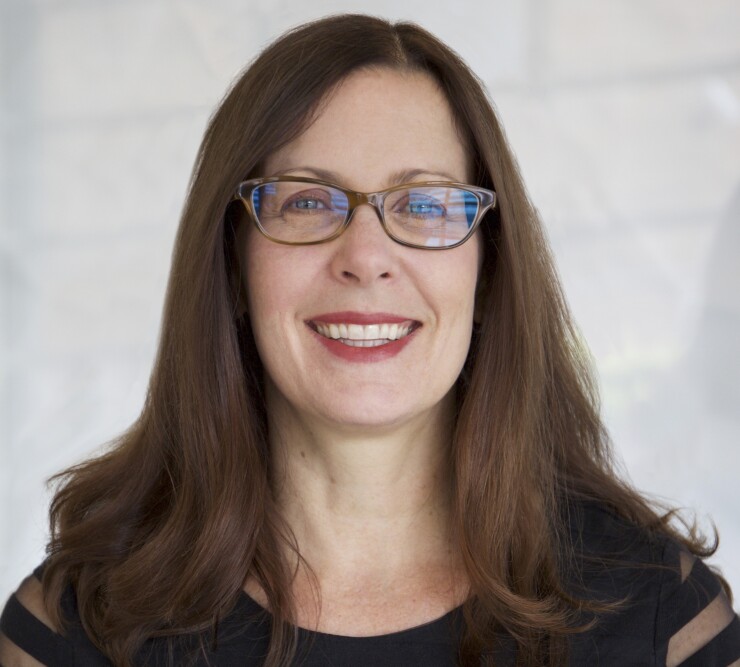The online lender Kabbage is expanding its business by offering credit lines of up to $250,000, pushing deeper into territory traditional banks consider their own.
“Once you hear a quarter million dollars, maybe a half-million dollars, that’s a space in which the banks can play more easily,” said Kathryn Petralia, president and co-founder of Kabbage.

Petralia said existing customers have been asking for larger credit lines.
“It helps us close the capital gap that businesses encounter today,” she said. “It allows us to better serve the customers we have who qualify for more credit.”
The small-business lender has been growing quickly: In three years revenue has jumped 979%. It provided 250,000 loans in 2017 and has lent out $4 billion overall.
Kabbage worked with its partner, Celtic Bank, to develop the bigger line of credit.
“We jointly develop and they approve all models that we develop, including changes to the product and key pricing terms,” Petralia said. “Everything we’ve done has been done purposefully to be compliant with appropriate regulations.”
The lending process for the new line will still take 10 minutes, with no human intervention, she said. The lowest loan rate will be 6% of the loan amount in a six month period or 12% in a 12-month period.
Like other online lenders, Kabbage is data driven. It has what it calls “live data connections" with 1.7 million customers, through which it gathers many types of data, including bank account data, payment processing data, social data, shipping data, credit card transaction data, and accounting information.
“All this data gives us a unique view into that business performance,” Petralia said. “It’s what enables the user experience we have today, which is a really rapid onboarding process, and it also has the potential to enable a lot of other things.”
For instance, the company might start giving customers advice about and access to other services they need to run their businesses, such as insurance, payroll, enterprise resource management programs or customer relationship management software.
“We’re uniquely positioned to deliver that data back to our customers in a way that’s meaningful and useful,” Petralia said. “That could help businesses focus more on the things they really love to do and the things they’re really good at. We want the chefs to be able to cook and we don’t want them to have to worry about the other parts of their business.”





